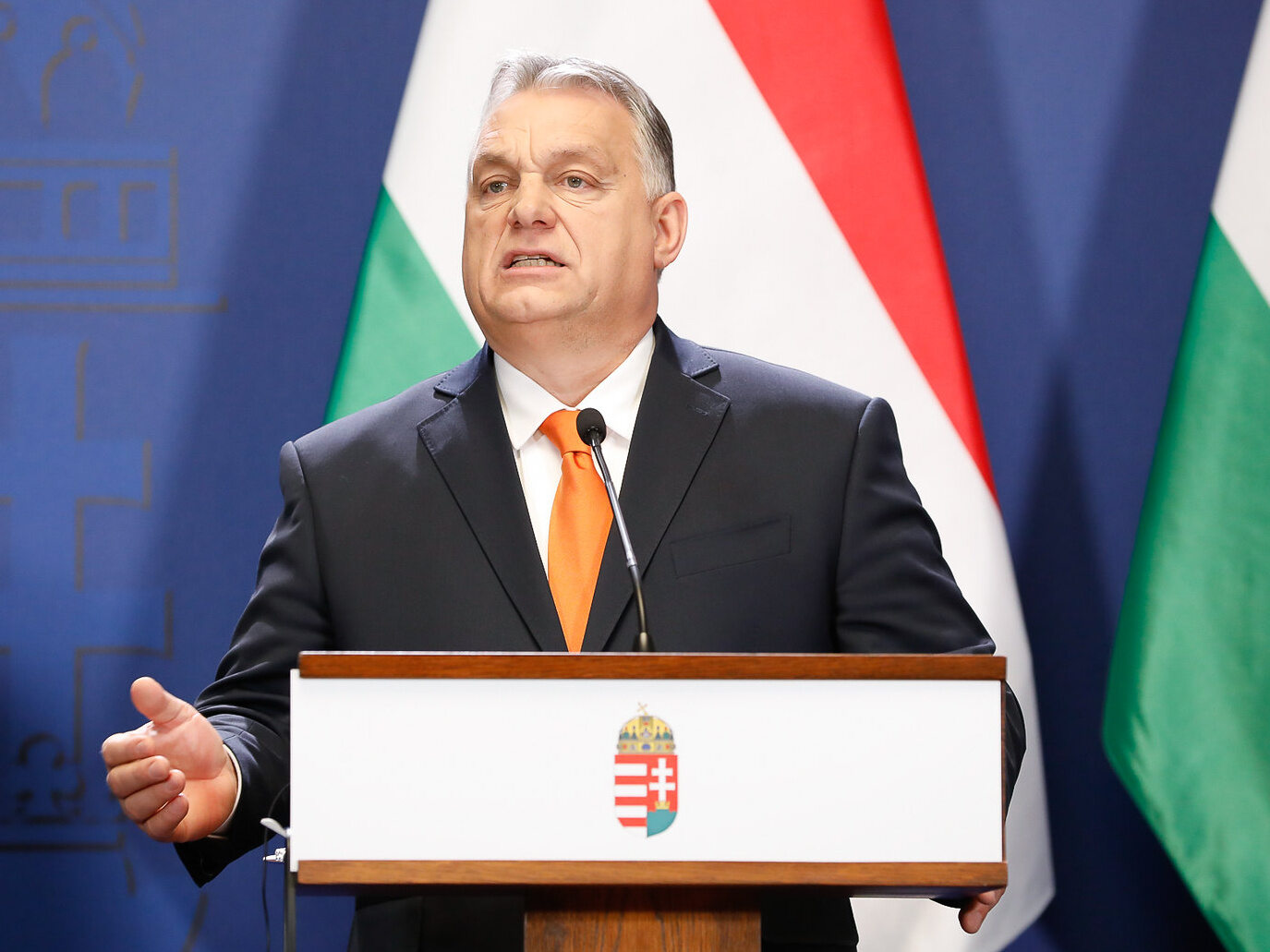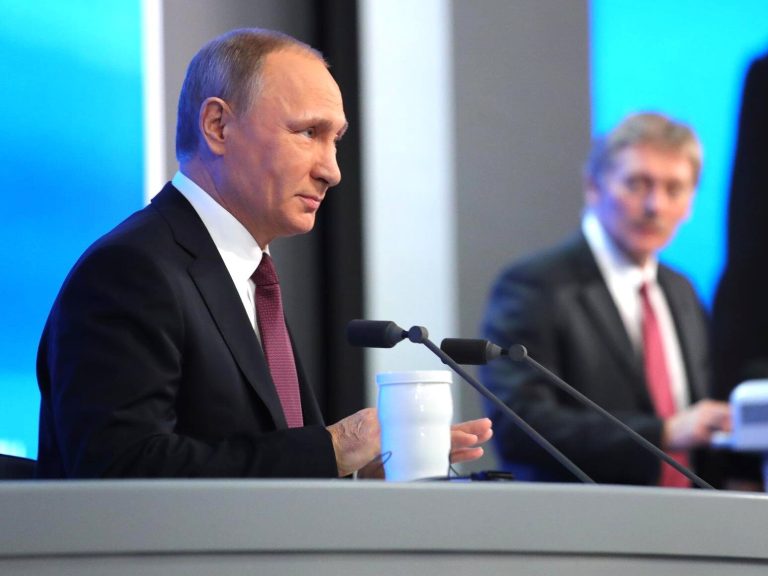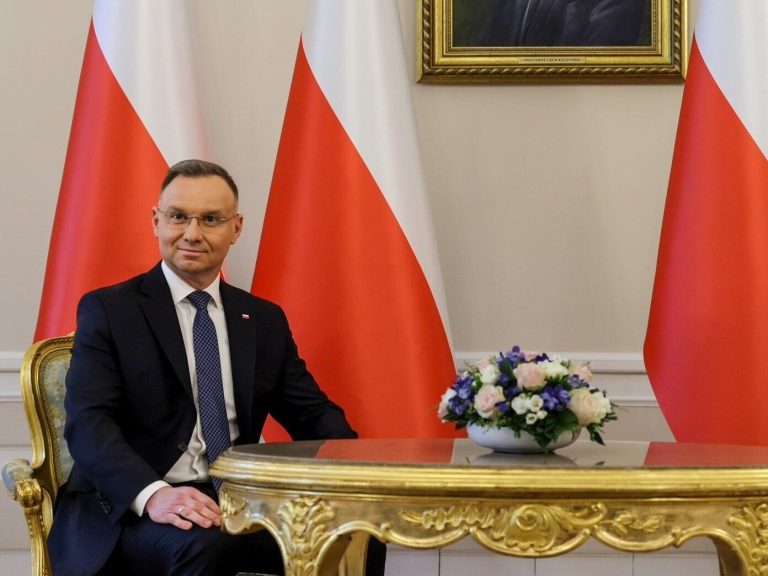Hungary did not allow the EU to help Ukraine. It’s about EUR 50 billion

The European Union was to support Ukraine with a staggering sum of EUR 50 billion. However, Viktor Orban blocked the aid by vetoing the project.
Hungary was the only one of the 27 European Union countries that did not agree to support Ukraine, which is fighting against its powerful neighbor. All European capitals voted in favor of providing EUR 50 billion. Only Budapest broke away from the European community and blocked this idea on the night from Thursday to Friday, December 15.
Hungary blocked EUR 50 billion of support
As the dpa agency writing about the matter points out, this means a return to the topic in January 2024 at the earliest. “Summary of the night shift: Veto for additional money for Ukraine, veto for the revision of the European multi-annual budget. We will return to the problem next year, after appropriate preparation,” Orban emphasized on the X platform (Twitter).
The head of the European Council, Charles Michel, does not lose hope and in his first statements he emphasizes that the EU will return to the topic at the beginning of next year and “will try to achieve unanimity.” Journalists emphasize that Viktor Orban could have used the veto earlier, including: regarding the decision to start accession negotiations with Ukraine. In the absence of any objections, talks on this matter began on Thursday, December 14.
– This is a historic moment that shows the credibility and strength of the European Union. The decision has been made! We are opening accession negotiations with Ukraine and Moldova. A report will be issued in March and we will take further steps based on it. We want to support Ukraine, emphasized Charles Michel. Viktor Orban, who announced his opposition to new members, ultimately abstained from voting.
However, he was not passive when it came to financial aid for Kiev. The PLN 50 billion aid package was to consist of PLN 17 billion in non-repayable grants and EUR 33 billion in low-interest loans.
Georgia and Bosnia and Herzegovina closer to the EU
EU leaders also agreed to grant Georgia the status of a candidate country. They also agreed that negotiation talks with Bosnia and Herzegovina would begin “after achieving the necessary degree of compliance with the membership criteria.” “We are proud that we have kept our promises and we are delighted with our partners,” concluded von der Leyen.






